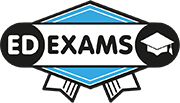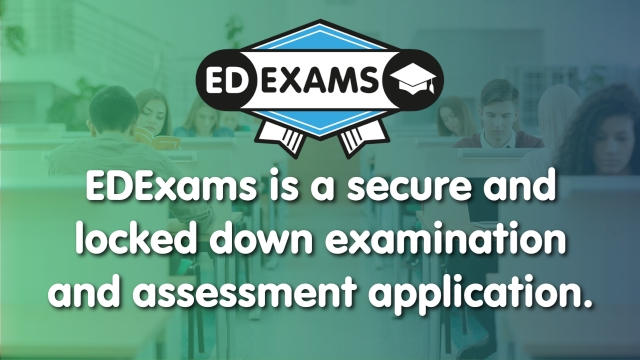School exam study season is fast approaching. Last week we gave pupils advice on when the best time is to revise, and our blog this week focuses on exam study tips.
Exams are inevitable for students, but they don’t need to be painful. With preparation, stress can be avoided and better results are more likely to be achieved.
How to prepare for an exam depends on the individual involved. Here is our top 10 guide to effective study skills.
Tip 1: Study every day
According to The Student Room, students revise 15 to 20 per week in the few weeks before an exam. This equates to around five hours per day, with weekends off. Revising every day reduces pressure on the student and reduces the need to cram.
Revise continually. Don’t leave it a few weeks before an exam. Revise the stuff you’re learning as you learn it. Go home from school and make flash cards and posters and so on. That way, when you come to the exam period, you already know most of it and it’s just brushing up on the final details. Don’t frantically cram for an exam. There’s no point – it won’t go in.
Tip 2: Have a study routine
As concluded in this blog post, the best time to revise depends on personal preference, however developing routine delivers better results. Organising your exam study space and getting rid of distractions improves focus. Ensuring it is as comfortable as possible reduces anxiety and stress.
Tip 3: Manage your time
In creating a study schedule, you can ensure that you do not leave anything to the last minute. A starting point may be to write out the dates of exams, organise how many pages you have to learn and how long tasks will take based on your studying habits.
Additional tools like alarms, wall planners and to-do lists may help aid the process.
Tip 4: Review your progress
Revisiting topics can further improve your understanding, especially if you have been vying over a number of topics – it can sometimes be difficult to remember certain strands of information.
By taking a quiz or creating your own study materials (e.g. a practice exam question) you can help identify gaps – alternatively you can use an online platform like EDStarz to identify these gaps.
Tip 5: Ask for help
Not understanding something is fine during the revision stage, so long as something is done about it. Your teacher, friends and family can all be approached to help you, should uncertainty about a topic occur.
Tip 6: Take regular breaks
Studying for as many hours as possible may be counterproductive. Taking regular breaks increases long-term knowledge retention and improves focus and motivation. It is important to remember as well that Vitamin D – which comes from sunlight – is good for a healthy brain.
Tip 7: Get plenty of practice
Old exam papers are an ideal way of preparing for exams. This means you are prepared for the format of the questions and the time it takes for yourself.
Tip 8: Work with your friends
Arranging study sessions with your friends may help your understanding. It may mean they can support you with questions you aren’t sure about, and you can also help their preparations.
Tip 9: Plan exam day
You can reduce stress and anxiety associated with exam day, by preparing for the day in advance. These may include planning the route, how long it may take to reach the exam hall and the rules or requirements for the exam.
Tip 10: Have a healthy routine
By eating natural, healthy food you can keep your body and brain fit, and help improve concentration and memory. Meanwhile drinking water is advisable as it is required to stay hydrated and adds to your positive mood.
Who are EDExams and how can they help?
Increasingly, exams are becoming more prominent in digital form – with some countries close to 100% digital exams.
EDExams Limited specialises in the development of software to deliver exams and assessments on a secure, locked down platform. The platform supports various marketing processes, moderation and standardisation. The assessments can be created using customisable workflows.
To find out more about EDExams click here. Alternatively, call 01909 568 338 or request a demo here.











